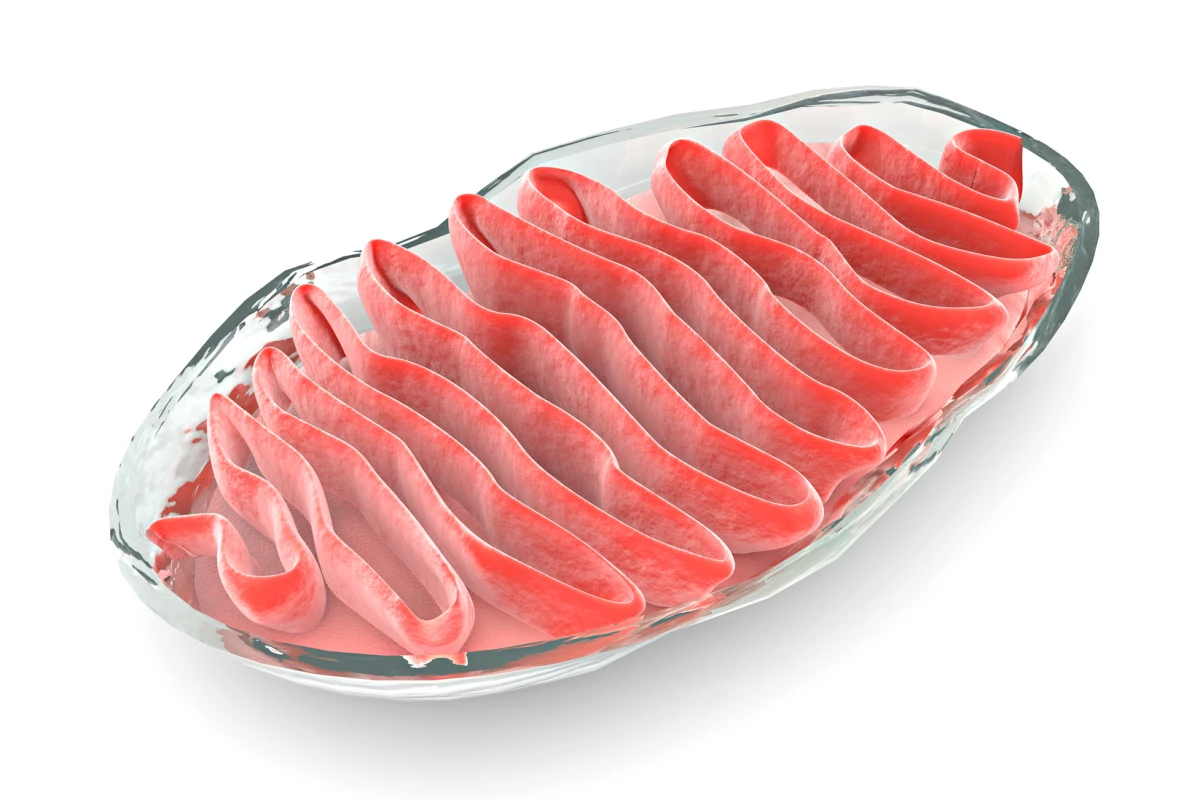Mitochondria are structures inside cells that produce chemical energy – and since cancer cells are particularly energy-hungry, this could be a potential weakness to target. Now, researchers have developed an experimental drug that blocks mitochondrial metabolism, starving cancer cells of energy while leaving healthy cells relatively unscathed.
Cancer is basically just regular cells that are growing out of control, and to do that they require an abundance of energy. That might make the mitochondria seem like a prime target for cancer drugs, and while some success has been found in that area, progress has been difficult. Many of these drugs are toxic – after all, healthy cells need energy too.
For the new study, the researchers investigated a safer way to indirectly target the mitochondria. The team included scientists from the University of Gothenburg, the Karolinksa Institute and the Max Planck Institute for Biology of Aging.
Mitochondria actually contain their own DNA, separate from that of the rest of the organism. These mitochondrial DNA (mtDNA) molecules are regulated by a series of proteins, and the team found that targeting these proteins worked to disrupt gene expression in mtDNA. One enzyme in particular, called mitochondrial RNA polymerase (POLRMT), stood out to the team.

“Previous findings of our group have shown that rapidly proliferating cells, such as embryonic cells, are very sensitive to inhibition of mtDNA expression, whereas differentiated tissues such as skeletal muscle can tolerate this condition for a surprisingly long time,” says Nils-Göran Larsson, lead researcher on the study. “We reasoned that POLRMT as a key regulator of mtDNA expression might provide a promising target.”
After extensive searching, the team discovered a chemical compound that inhibits POLRMT, which was then tested in mice that had had grafts of human cancer cells. The animals were given the drug orally for four weeks, with promising results. The POLRMT inhibitor strongly reduced the viability and growth of the tumors, without toxicity to normal healthy cells.
“Our data suggest that we basically starve cancer cells into dying without large toxic side effects, at least for a certain amount of time,” says Nina Bonekamp, co-lead author of the study. “This provides us with a potential window of opportunity for treatment of cancer. Another advantage of our inhibitor is that we exactly know where it binds to POLRMT and what it does to the protein. This is in contrast to some other drugs that are even in clinical use.”
There are still risks, of course. The team acknowledges that although healthy cells tolerate the stress initially, they will eventually begin to suffer too. Ideally, they’d hold out until the cancer has been dealt with, but that’s something that further testing will need to investigate.
The research was published in the journal Nature.
Source: Max Planck Institute




